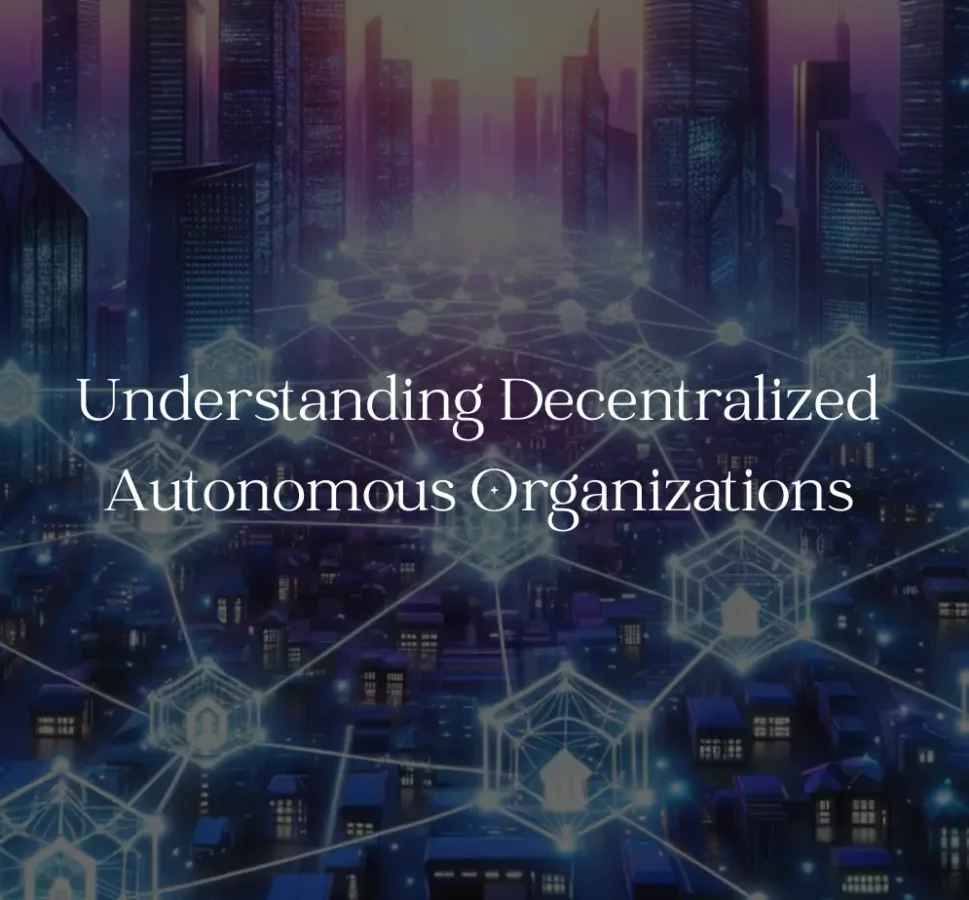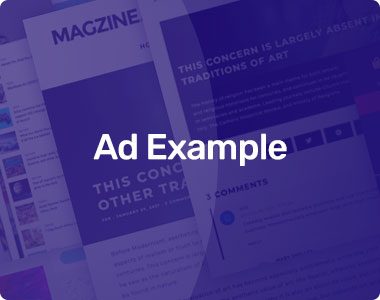- DAOs use smart contracts for autonomous governance, reducing reliance on central authorities.
- They enable collective decision-making through member voting, ensuring democratic governance.
- DAOs offer transparency and security, with all actions verifiable on the blockchain.
Decentralized Autonomous Organizations (DAOs) represent a revolutionary approach to managing organizations through the deployment of smart contracts, removing the need for centralized control by entities such as governments or central banks. They govern blockchain protocols, enabling operations and updates through collective member voting. These protocols can take various forms, including exchanges like Uniswap, liquidity pools, and lending platforms such as AAVE and Maker.
DAOs empower expansive communities to engage in the governance and decision-making processes. Through voting, members can influence decisions on resource allocation and policy changes. A consensus or agreement among a minimum percentage of voters is required for decisions to proceed. Once validated, these decisions are integrated into the blockchain via smart contracts, ensuring transparency and immutability.
Operational Mechanism
The core functionality of DAOs relies on smart contracts to autonomously enforce rules, decisions, and updates without intermediaries. These contracts trigger actions automatically under predefined conditions, such as reaching a certain date or blockchain height. Every action, vote, and implementation is securely recorded on the blockchain, accessible and unalterable, thanks to decentralized technology that distributes block history across global nodes.
Three Fundamental Elements of a DAO:
- Smart Contracts: Initial coding and auditing of the DAO’s rules are crucial before its launch. Post-launch, any rule modification requires governance proposals and voting.
- Capital: DAOs need funding, usually obtained through the sale of governance tokens that confer voting rights and membership.
- Deployment: After establishing smart contracts and securing funds, the DAO is deployed on the blockchain, transitioning control from developers to token holder-driven governance.
Governance Tokens: These tokens are critical for attracting investment and capital. They symbolize membership and voting rights, with more tokens equating to greater influence, akin to shareholding in traditional companies.
Applications of DAOs:
DAOs can be effectively utilized in various scenarios, such as:
- Freelance collectives pooling funds for shared resources.
- Charitable organizations allocating funds through member consensus.
- Financial entities enabling member-driven investment decisions.
Notable DAO Examples:
Exploring the diverse landscape of Decentralized Autonomous Organizations (DAOs), we find a broad spectrum of examples showcasing their application across various sectors. DAOs have evolved significantly, extending their influence beyond simple governance structures to encompass a wide range of activities and objectives.
Protocol DAOs
Protocol DAOs focus on democratizing decision-making processes within specific platforms, such as decentralized exchanges (DEXes) and lending protocols. Notable examples include:
- ENS DAO: Manages the Ethereum Naming Service protocol, facilitating modifications and updates through a trustless voting system.
- MakerDAO: Governs the DAI stablecoin, allowing MKR token holders to manage its supply, liquidity, and lending collateral through a decentralized governance model.
Investment DAOs
Investment DAOs pool resources to fund early-stage startups, leveraging collective decision-making to identify and support promising projects. Key examples include:
- Orange DAO: A collective of over 1300 members focusing on accelerating Web3 development, utilizing NFTs and tokens to represent membership and incentivize participation.
- The LAO: Functions as a venture capital fund on the Ethereum blockchain, funding various startups with collective decision-making by its token holders.
Service DAOs
Service DAOs operate similarly to consulting firms, providing specialized services in a decentralized manner. Examples include:
- IndieDAO: Offers design and development services on demand, operating with a community-governed model for project approval and contributor incentives.
- SuperteamDAO: A collective of professionals supporting Solana-based projects with growth strategies, without a governance token.
Media DAOs
Media DAOs are transforming the media landscape by reducing censorship and empowering creators through community-driven platforms. Examples include:
- BanklessDAO: Drives cryptocurrency and DeFi adoption by coordinating media professionals to inform and educate about Web3.
- RugDAO: Manages RugRadio, a decentralized platform allowing creators and audiences to own their media content, governed by $RDAO tokens.
Social DAOs
Social DAOs facilitate virtual communities of like-minded individuals collaborating towards common goals. Noteworthy examples are:
- Friends with Benefits (FWB): Unites creators, thinkers, and builders around the Web3 thesis, fostering creativity to propel Web3 development.
- Developer DAO: Aims to support Web3 developers by building tools and public goods, with governance facilitated through $CODE tokens.
Advantages of DAOs:
- Trust: Eliminates the need for trust between investors and managers through code-based decision execution.
- Efficiency: Streamlines decision-making by removing third-party intervention, with smart contracts ensuring prompt action.
- Consistency: Automates and standardizes decision processes, minimizing human error and ensuring equitable implementation.
- Transparency: Offers complete visibility of financial decisions and the ability to audit the DAO’s treasury and decision-making code.
Solving the Principal-Agent Problem: DAOs address the principal-agent dilemma, where agents’ self-serving actions could harm principals, particularly when information asymmetry exists. By providing transparency through blockchain technology, DAOs ensure that all actions are visible and verifiable by all members, mitigating potential conflicts of interest.
Examples include:
- Politicians serving the public interest.
- Brokers acting on behalf of investors.
- Corporate executives making decisions for shareholders.
Through this decentralized and transparent framework, DAOs offer a new paradigm in organizational governance, emphasizing community involvement, security, and efficiency.






